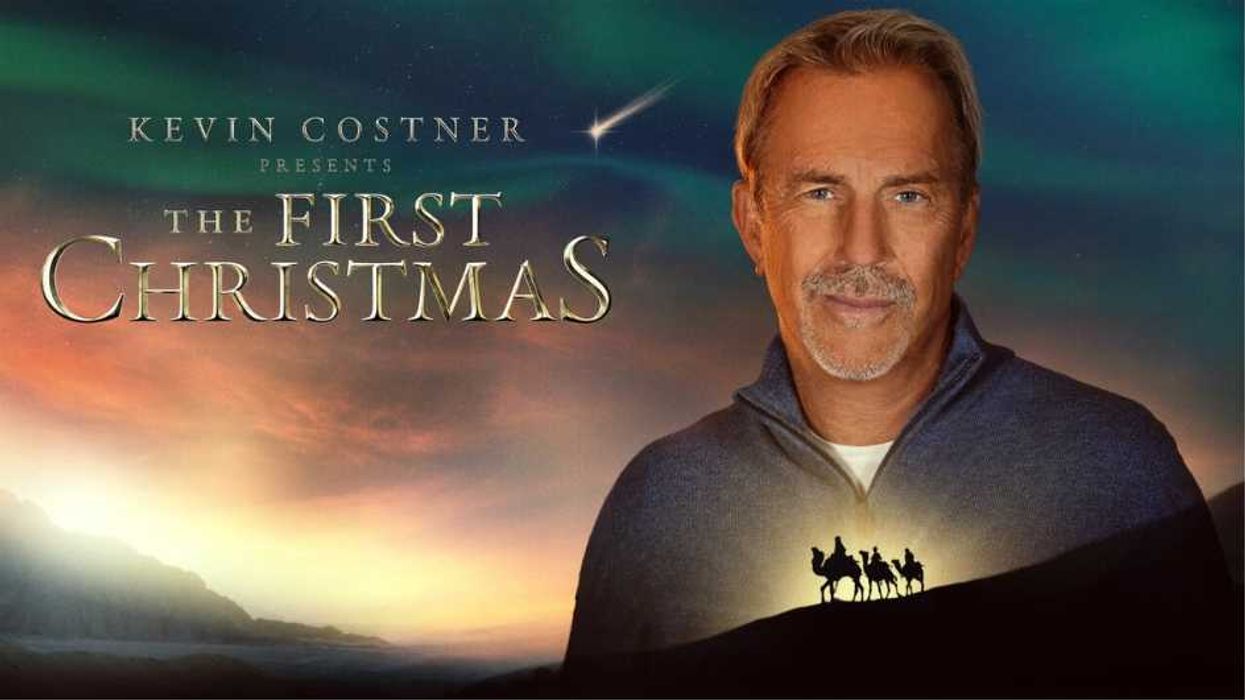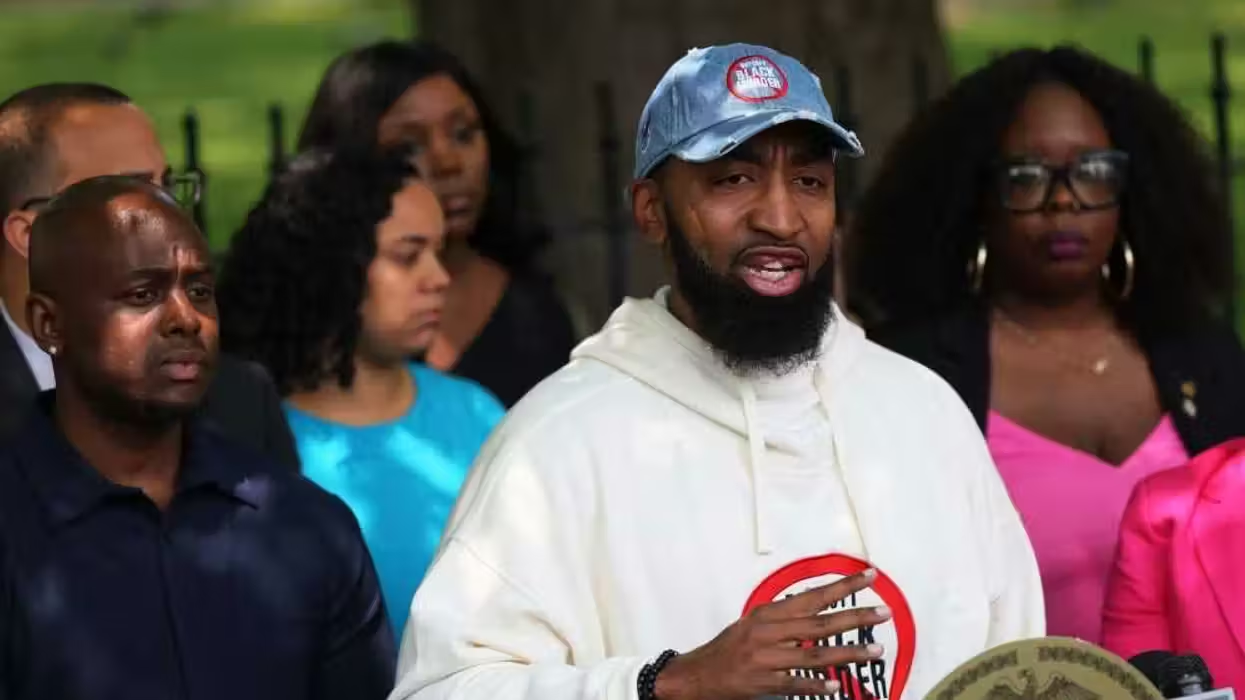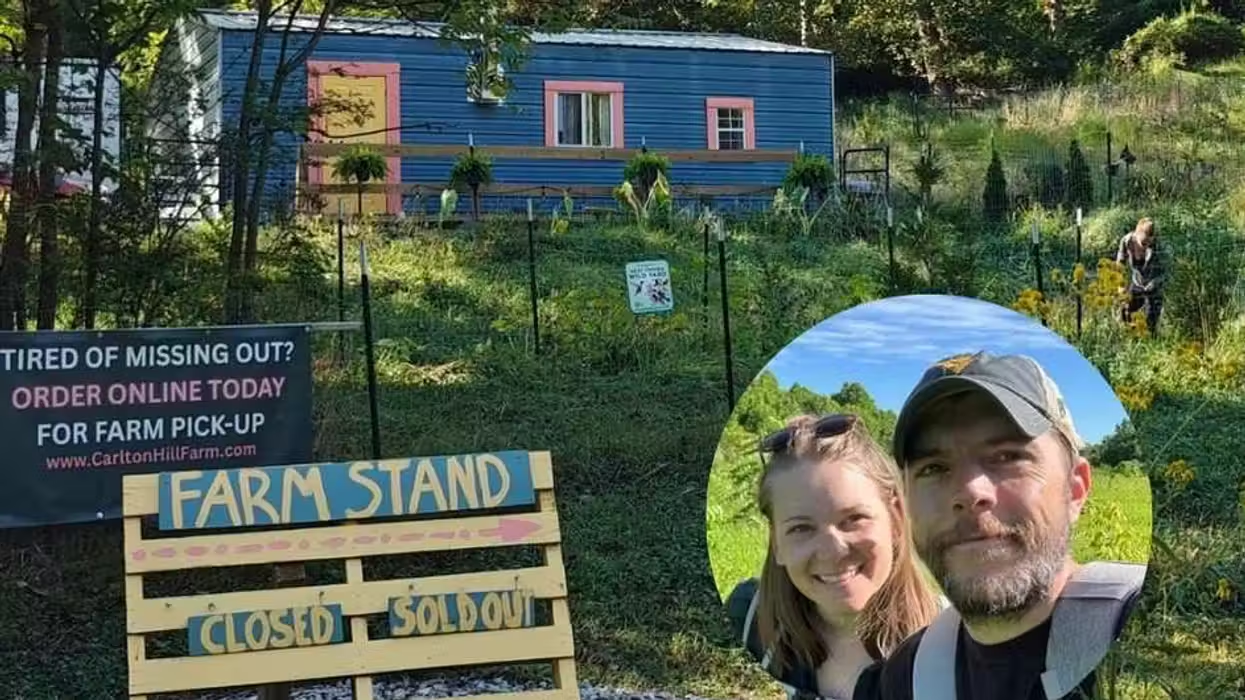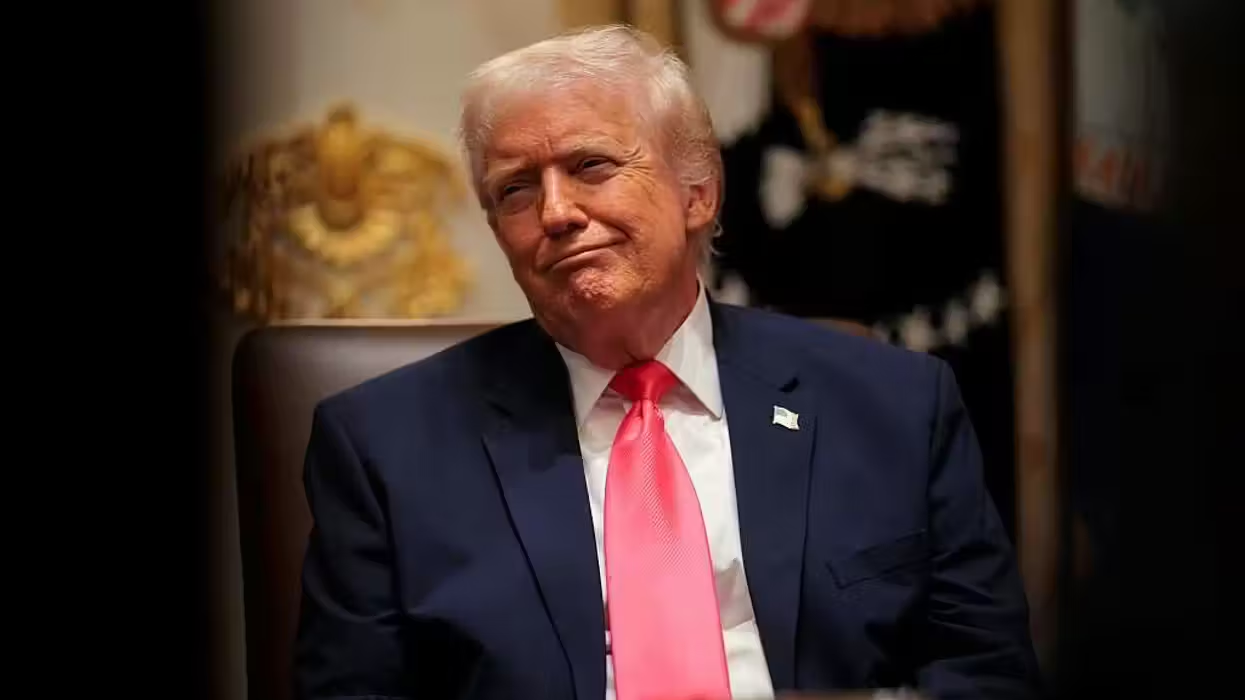Environmental Protection Agency chief Gina McCarthy said kids in school "very much" need to be taught about the reality of climate change.
 Environmental Protection Agency Administrator Gina McCarthy testifies before the Senate Environment and Public Works Committee on Capitol Hill, July 23, 2014 in Washington, D.C. (Mark Wilson/Getty Images)
Environmental Protection Agency Administrator Gina McCarthy testifies before the Senate Environment and Public Works Committee on Capitol Hill, July 23, 2014 in Washington, D.C. (Mark Wilson/Getty Images)
Asked in a new interview for Irish America magazine whether she thinks climate change should be part of the education system, McCarthy responded, “Very much so.”
“I think part of the challenge of explaining climate change is that it requires a level of science and a level of forward thinking and you’ve got to teach that to kids,” she said. “People didn’t have a sense of how dramatic climate change really is, and what it means for all of us. So that’s been a challenge. But what’s great about renewables is that when you put a solar panel on the roof of a school, you change the entire dynamic of education for the students. It’s hands-on.”
She said it's a matter of getting people more engaged.
“When you wanted to get people active in the environmental world a while ago it was recycling, because you could do it yourself,” McCarthy said. “Part of the challenge today is to make all of these things [affecting climate change] personal enough so that people can get engaged and get active, and feel like there are things we can do together. That’s the hump we need to cross in climate control and I think we’re doing that. I really do, I think people are getting active and engaged."
McCarthy also said she's been seeing "less and less skeptics" and "climate deniers."
“You know, the climate deniers are getting fewer and fewer, or else they’re getting less vocal,” McCarthy told the magazine. “Polling now indicates that 70 percent of the people understand not just that climate change is happening but that it’s time to take action on it. So I’m seeing less and less skeptics.”
Other polling, however, has indicated a mixed response to the question.
A Pittsburgh Post-Gazette poll released last week found that just 41 percent of Americans agreed with the statement that "most scientists agree that climate change is happening now and caused mainly by human activities.” Further, a partisan breakdown showed that 53 percent of Republicans said they do not believe manmade climate change is occurring, while 68 percent of Democrats said they believe it is.
David W. Moore, the director of iMediaEthics, which conducted the poll for the Post-Gazette, said previous polling that indicated that more people believe in manmade climate change had overstated the numbers because of wording of the polls or the methodology.
An Ipsos-MORI Global Trends 2014 survey released in July covering 20 countries found that 54 percent of Americans said they believe in manmade climate change, compared to 70 percent and 80 percent in European countries. The same survey found that in China – one of the world's biggest polluters — 93 percent said they believe humans are responsible for climate change.
—
Follow Fred Lucas (@FredVLucas3) on Twitter

 Environmental Protection Agency Administrator Gina McCarthy testifies before the Senate Environment and Public Works Committee on Capitol Hill, July 23, 2014 in Washington, D.C. (Mark Wilson/Getty Images)
Environmental Protection Agency Administrator Gina McCarthy testifies before the Senate Environment and Public Works Committee on Capitol Hill, July 23, 2014 in Washington, D.C. (Mark Wilson/Getty Images)






